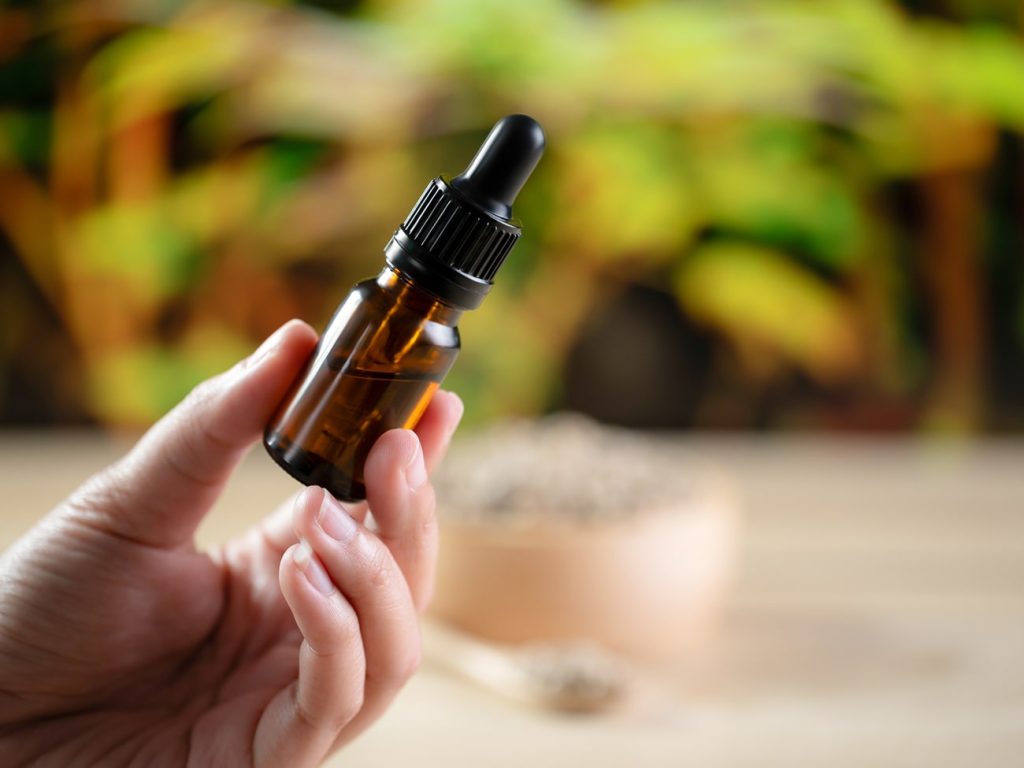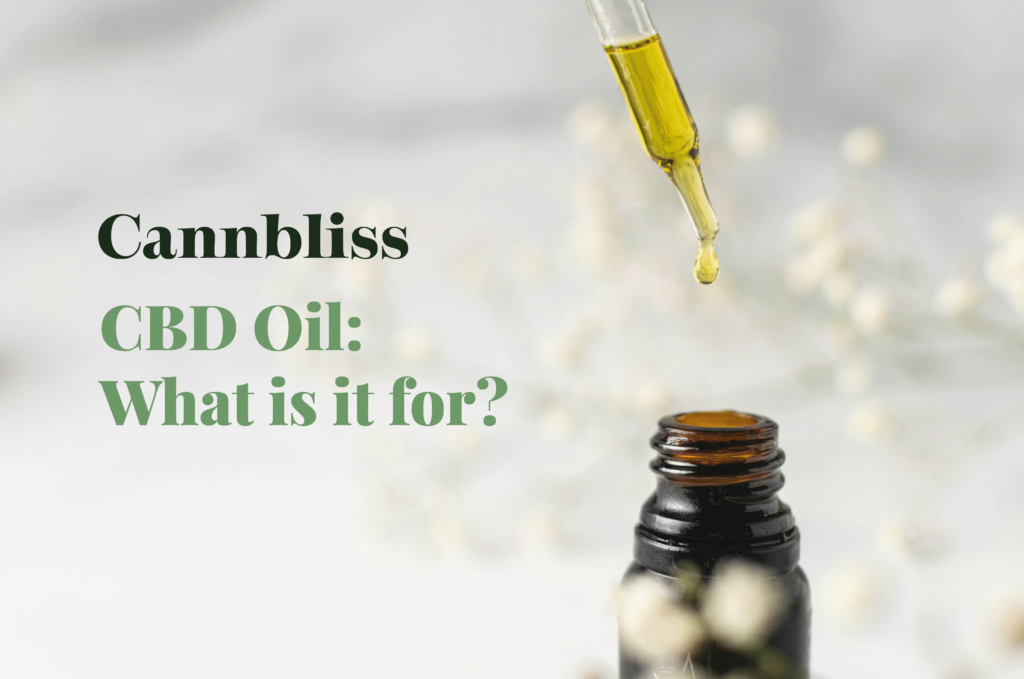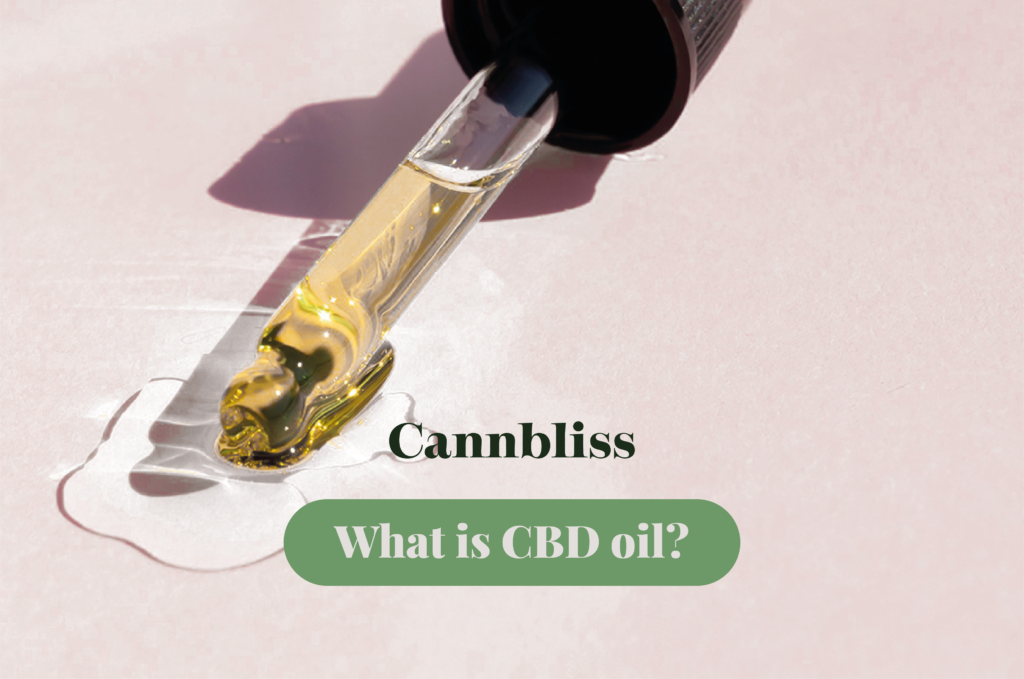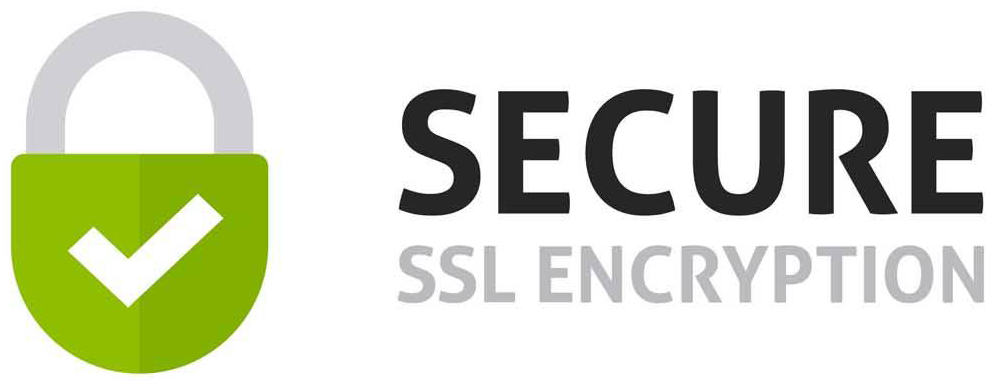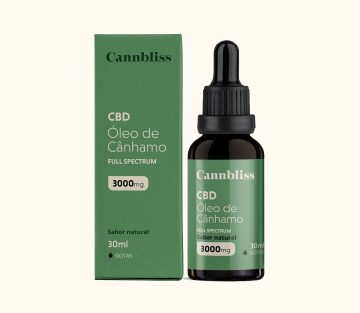As interest in CBD-based products continues to grow, various myths and misconceptions arise. It’s essential to demystify these ideas so that people can make informed decisions about using CBD oil. Let’s explore some of the common myths and understand why they aren’t true.
1. Myths about Legality: “CBD is Illegal Everywhere”
This is one of the most persistent myths. The legality of CBD varies significantly from country to country and, in some cases, from state to state. In most places, CBD derived from low-THC hemp is legal, while CBD from high-THC cannabis might be restricted. It’s essential to check local laws to understand the specific situation in your area.
2. “CBD Will Get Me ‘High'”
Unlike THC, another cannabis compound known for its psychoactive effects, CBD doesn’t cause euphoria or significant mental alterations. CBD is non-psychoactive, meaning it doesn’t have mind-altering effects. People can use CBD to gain health benefits without the fear of getting “high.”
3. “All CBD Oils Are the Same”
This idea is incorrect. There are different types of CBD oils, including full-spectrum, broad-spectrum, and isolate.
Broad Spectrum: Contains CBD and other compounds found in the cannabis plant, except THC. It offers the benefits of the “entourage effect,” where various compounds work together to enhance CBD effectiveness.
Full Spectrum: Includes CBD, THC, and other plant compounds. THC is present in very low amounts, insufficient to cause psychoactive effects. It may be beneficial for some conditions due to the entourage effect.
Isolate: Contains only CBD, without other plant compounds. It’s generally the choice for those wanting to completely avoid THC. Choosing the right spectrum depends on personal preferences and individual needs.
4. “CBD Has No Health Benefits”
There’s a growing body of scientific evidence supporting CBD’s health benefits. Studies indicate that CBD may have anti-inflammatory, analgesic, anxiolytic, and antioxidant properties. It can be helpful in pain relief, anxiety management, sleep improvement, and treating specific conditions like epilepsy. However, it’s essential to recognize that results can vary from person to person.
5. “The Higher the CBD Dose, the Better”
While some people might need higher doses, the notion that a higher dose is always better isn’t universally applicable. The response to CBD is highly individual, and excessively high doses may result in undesired side effects. It’s advisable to start with lower doses and gradually increase until finding the effective dose for individual needs.
6. “CBD Works Immediately”
Expecting CBD to work instantly is a common misconception. The speed at which CBD starts to take effect depends on various factors, including the administration method (sublingual tincture, capsule, edible), dosage, and individual metabolism. Some may feel effects within minutes, while others may take days or weeks to notice significant changes. Patience is crucial when incorporating CBD into a daily routine.
7. “CBD Is Addictive”
CBD is not considered addictive. Unlike THC, which can create dependence in some people, CBD doesn’t have addictive properties. In fact, studies indicate that CBD can be helpful in treating addictions, aiding people in overcoming dependencies.
Conclusion: Making Informed Decisions About CBD
Demystifying common myths about CBD oil is crucial for promoting an accurate understanding of its benefits and limitations. When considering CBD use, it’s essential to conduct in-depth research, consult healthcare professionals, and understand local laws. With accurate information, people can make informed decisions about integrating CBD into their lives to safely and effectively improve their well-being.

